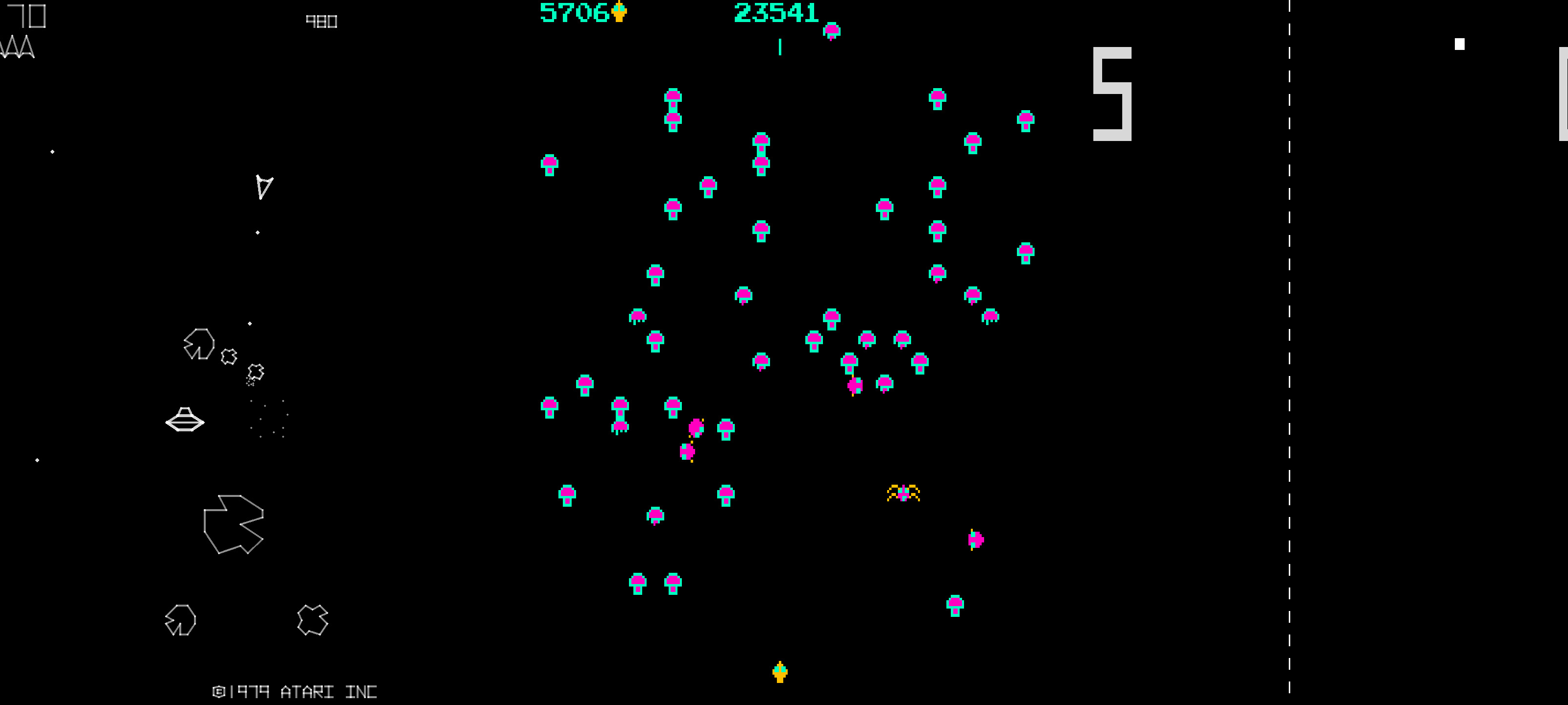Introduction
Atari stands as one of the most iconic names in gaming history, renowned for its groundbreaking contributions to the arcade gaming industry. Founded in 1972 by Nolan Bushnell and Ted Dabney, Atari didn’t just create games—it revolutionized the way people interacted with entertainment. This article delves into Atari's pivotal role in the rise of arcade gaming, exploring their legendary titles, technological innovations, and enduring legacy.
The Early Years and Industry Revolution
Atari burst onto the scene with Pong in 1972, a simple table tennis game that became the first commercially successful arcade video game.
- Pong (1972): Often credited as the game that ignited the arcade gaming craze. Its accessible gameplay and innovative design set the stage for the arcade boom of the 1970s.

- Breakout (1976): Designed by Steve Jobs and Steve Wozniak, this brick-breaking game expanded on Pong's mechanics, introducing a single-player dynamic that captivated audiences.
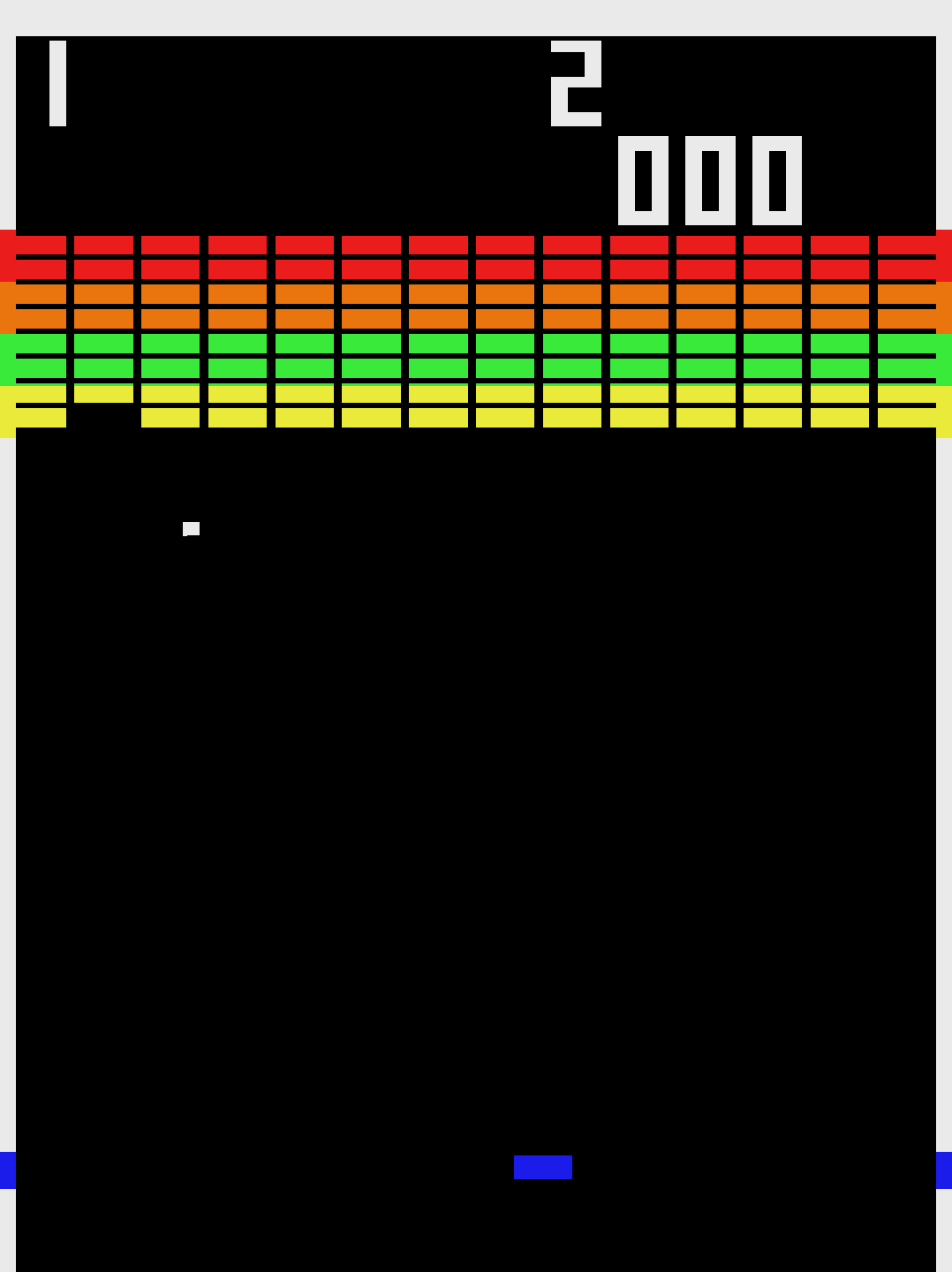
Golden Age Contributions
The late 1970s and early 1980s marked the "Golden Age of Arcade Gaming," and Atari was at the forefront, delivering innovative games that became household names.
- Asteroids (1979): One of the most popular arcade games of all time, Asteroids introduced vector graphics and offered players a dynamic space-shooter experience.

Centipede (1980): Co-developed by Dona Bailey, one of the first female developers in gaming, Centipede introduced the trackball controller and appealed to a broader demographic.

Missile Command (1980): A Cold War-inspired game that challenged players to protect cities from incoming missiles, resonating with the tense political climate of the time.
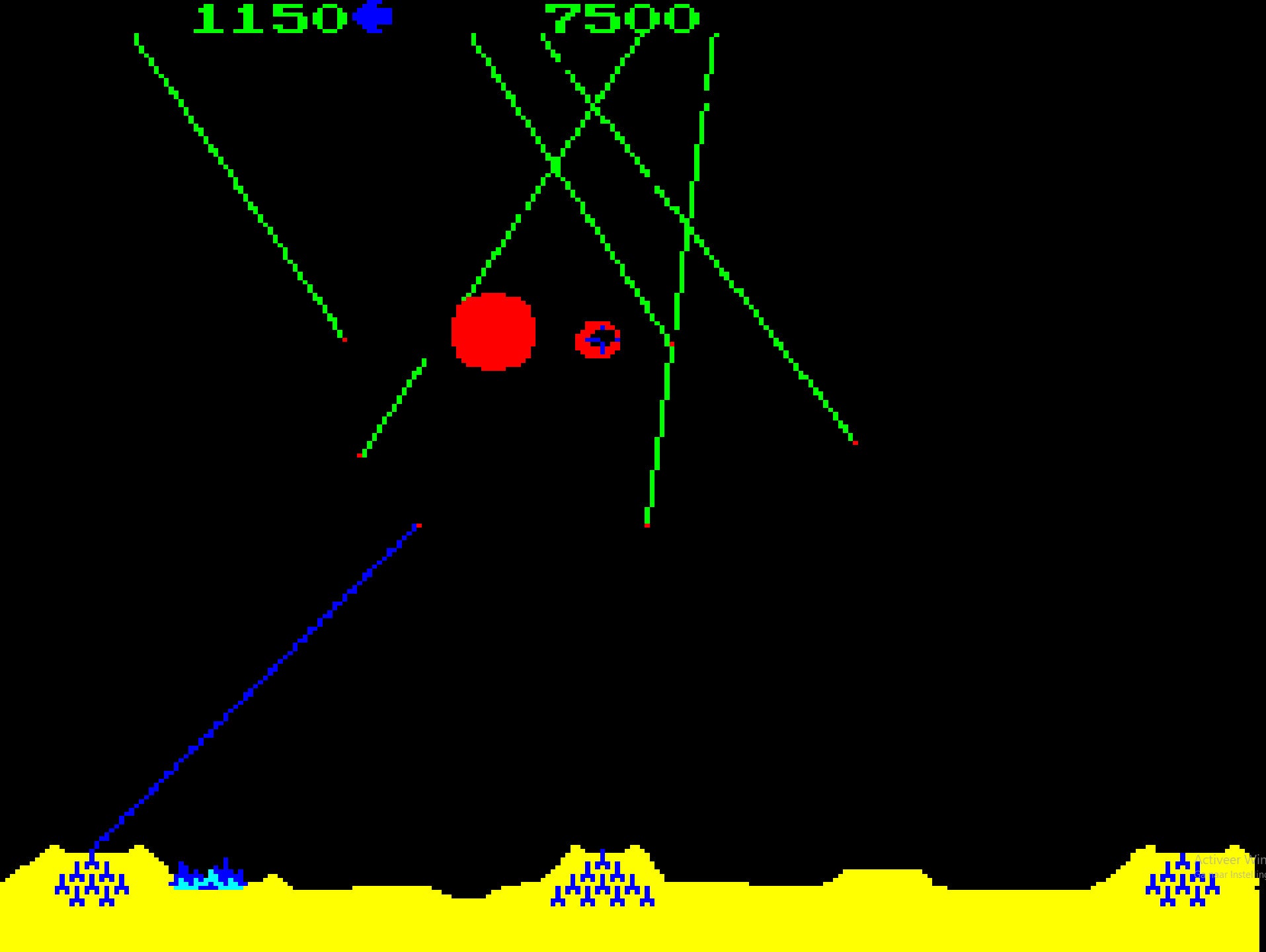
Tempest (1981): A visually stunning vector-based shooter that pushed the boundaries of arcade game design.
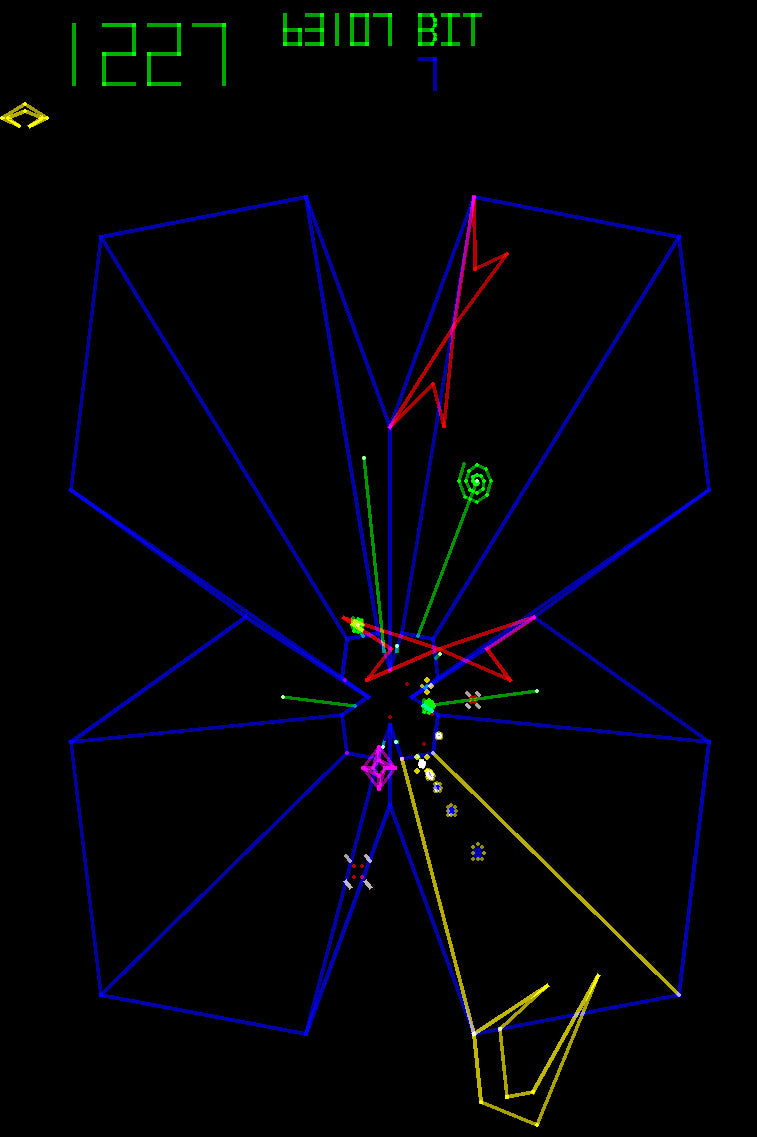
Innovative Hardware and Technology
Atari was more than just a game developer—it was a pioneer in arcade hardware and technology.
- Vector Graphics: Introduced with games like Asteroids and Tempest, these graphics allowed for sharp, dynamic visuals that became a hallmark of Atari’s arcade offerings.
- Trackball Controllers: Revolutionized gameplay with titles like Centipede, providing a new level of precision and engagement.
- Atari System Boards: Custom hardware that supported increasingly complex games, ensuring smoother gameplay and better graphics.
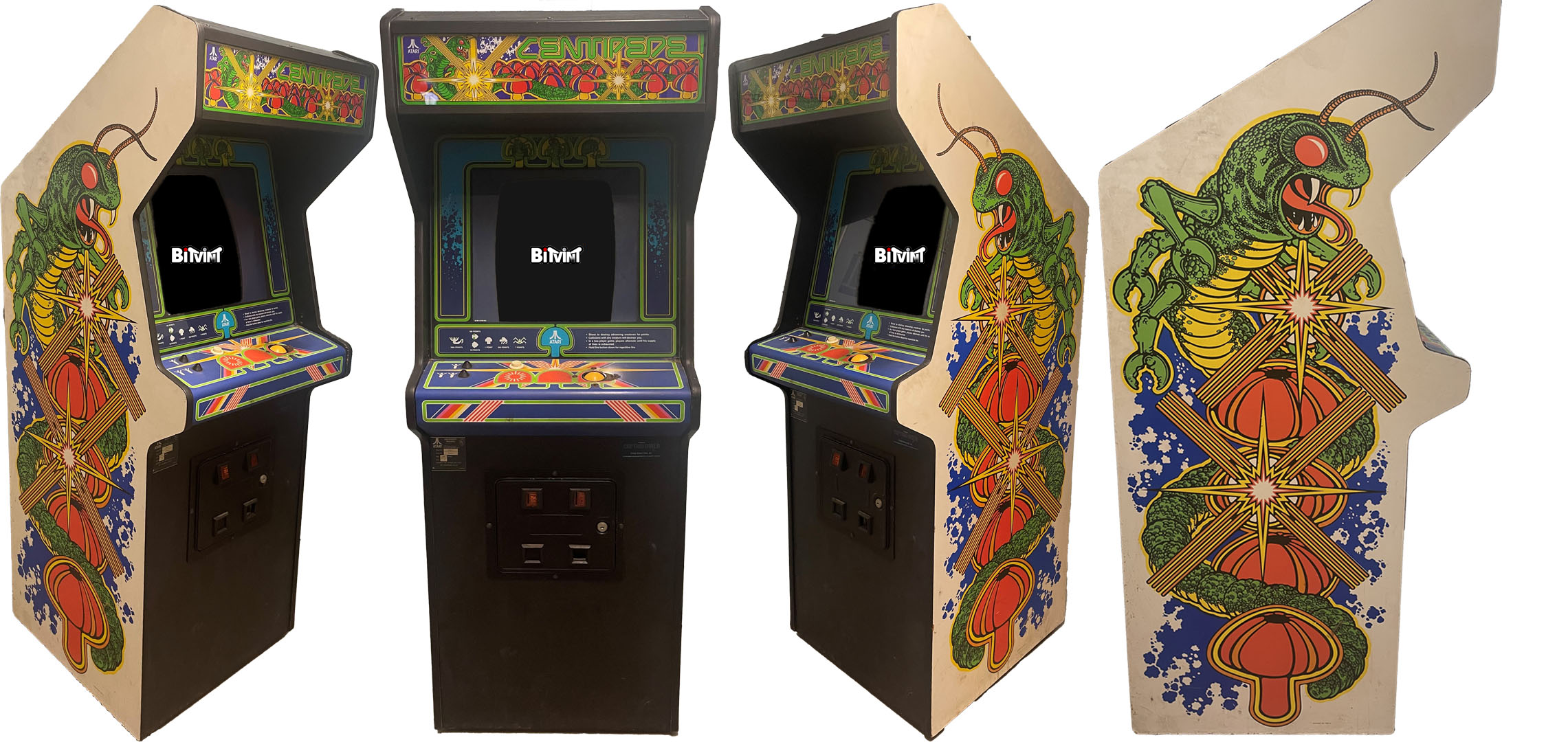
Cultural Impact
Atari’s influence extended far beyond the arcade cabinet. Its games became cultural touchstones, inspiring merchandise, media adaptations, and a generation of gamers.
- Arcade Popularity: Titles like Asteroids and Centipede drew massive crowds, making arcades a central hub of social activity.
- Pop Culture References: Atari games frequently appeared in movies, music, and TV shows, cementing their place in 1980s nostalgia.
- Legacy of Innovation: The success of Atari’s arcade games laid the groundwork for the home console market, with the Atari 2600 becoming a household name.
Challenges and Decline
Despite its early dominance, Atari faced significant challenges in the mid-1980s.
- Video Game Crash of 1983: Overproduction and declining quality in the video game industry hit Atari hard, leading to financial struggles.
- Increased Competition: Companies like Namco, Nintendo, and Sega began to dominate the arcade space with innovative titles and hardware.
- Shift to Home Consoles: The rise of home gaming systems shifted focus away from arcades, impacting Atari’s arcade business.
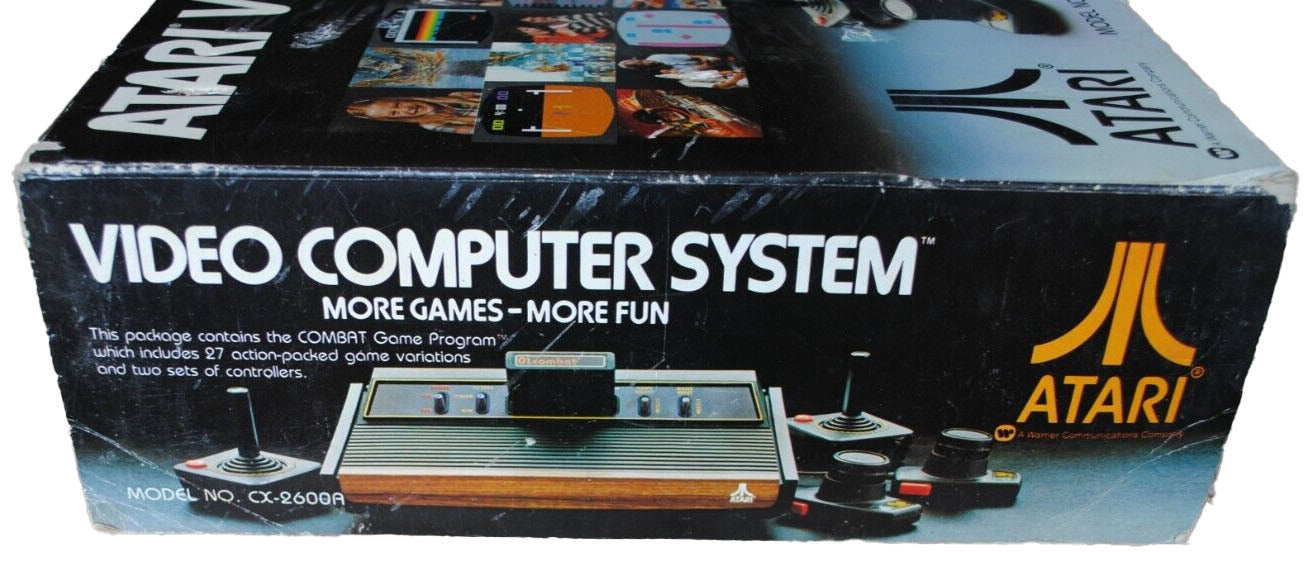
Enduring Legacy
Though its influence in arcade gaming waned, Atari’s contributions remain pivotal in gaming history.
- Game Design: Atari’s games set standards for accessibility, innovation, and engagement that still influence game design today.
- Technology: Many of Atari’s technological advancements paved the way for modern gaming hardware.
- Cultural Significance: Atari remains a symbol of the early days of gaming, celebrated by retro gaming enthusiasts and industry veterans alike.
Conclusion
Atari’s role in arcade gaming is nothing short of transformative. From pioneering games like Pong and Asteroids to advancing hardware technology, Atari helped shape the arcade gaming industry into a cultural and economic powerhouse. Its legacy lives on, inspiring new generations of gamers and developers who continue to build on the foundation Atari laid.
Related Pages
- Pong: Discover the game that started it all.
- Asteroids: Explore the timeless space-shooter that defined a generation.
- Centipede: Learn about the groundbreaking game that introduced the trackball controller.
- Atari's official website and their history.
- Overview of all Arcade Brands & Manufacturers
Questions you might have:
What were the earliest games released by Atari and what were their influences?
Atari's earliest games included "Pong" and "Tank." "Pong" was influenced by table tennis, while "Tank" introduced competitive multiplayer gameplay. Learn more here.
How did Atari contribute to the rise of arcade gaming during the golden era?
Atari played a pivotal role in the rise of arcade gaming by releasing iconic games like "Pong," "Asteroids," "Centipede," and "Missile Command," shaping the golden era of arcades. Learn more here.
What is the significance of "Pong" in Atari's history and in gaming culture?
"Pong" was Atari's breakout success, marking the birth of the video game industry. Its popularity kickstarted the arcade gaming phenomenon and laid the foundation for Atari's legacy.
How did the success of the Atari 2600 impact the gaming industry and home gaming?
The Atari 2600 brought arcade-quality gaming to homes, establishing the console as a staple in households and contributing to the growth of the gaming industry.
What led to the video game crash of 1983 and how did Atari navigate through it?
The video game crash was caused by oversaturation and low-quality games. Atari struggled during this period due to the decline in demand for its products and financial issues.
What were some of the most iconic games released for the Atari 2600 and other platforms?
Iconic games included "Space Invaders," "Pac-Man," "Adventure," "Combat," and "Yars' Revenge," contributing to the popularity of the Atari 2600 and home gaming.
What led to the decline of Atari's dominance in the gaming industry during the 1980s?
Factors such as market oversaturation, competition, the video game crash, and management changes contributed to Atari's decline from its dominant position.

